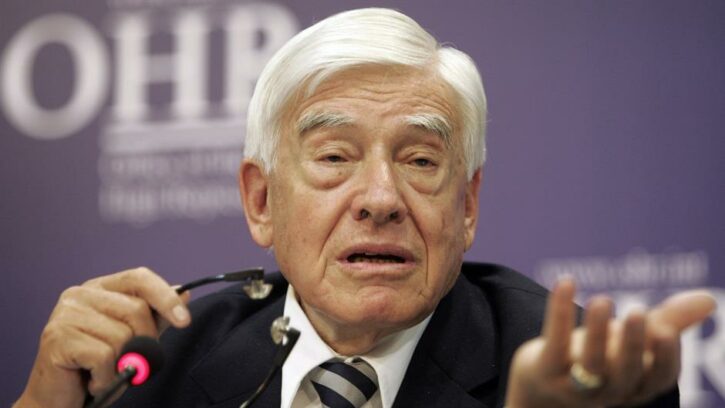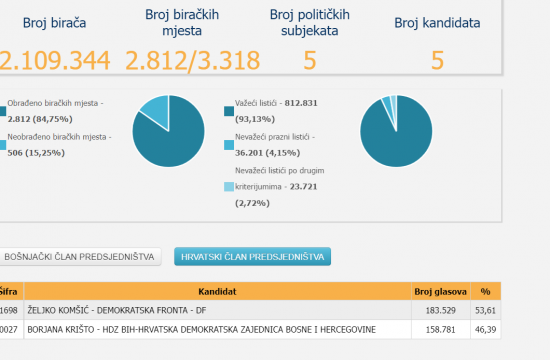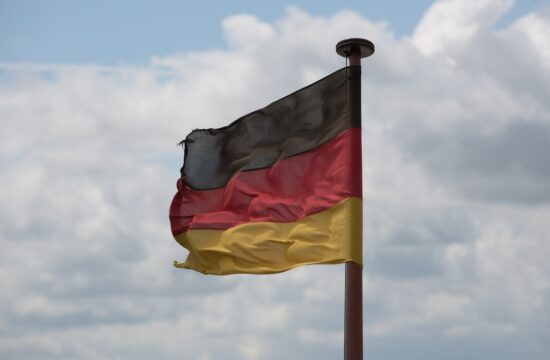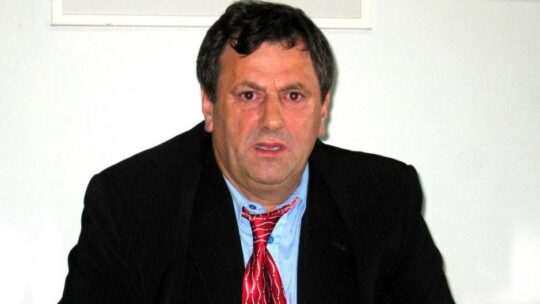
The ruling parties in the upper house of Bosnia’s Parliament intentionally avoided introducing electronic voting in order to leave more space for manipulation with the election results, a former top international official in Bosnia said on Friday.
Christian Schwarz-Schilling served as the High Representative, the top international official in charge of overseeing the implementation of the 1995 Dayton Peace Agreement which ended the Bosnian war, between 2006 and 2007.
The general election in Bosnia took place on Sunday and watchdogs, party observers and citizens reported numerous irregularities in the process.
Schwarz-Schilling said that the results of the election until now indicate manipulation in the electoral process having in mind that nine per cent of the ballots were invalid.
The real number is much higher, he argued.
“We have cases where numerous observers were not even allowed to enter the polling stations and could not monitor the process,” he said.
Schwarz-Schilling said that the international community should have used its authorities to impose electronic ballot counting and that, because of its inaction, the international community has made itself responsible for unclear and uncertain election results.
The burning issue that is currently discussed in the country is the election of Zeljko Komsic for the Bosnian Croat member of the country’s tripartite Presidency.
Bosnia is composed of two territorial and political semi-autonomous entities, the Bosnian Serb-majority Republika Srpska (RS) and the Federation (FBiH), shared by Croats and Bosniaks. While the Serb Presidency member is elected from the RS, the Bosniak and Croat members are elected from FBiH.
However, since there are many more Bosniaks than Croats in the Federation, Bosnian Croat nationalist parties, most of all the Croat Democratic Union (HDZ) and their leader Dragan Covic, have been complaining that Bosniaks are able to elect the Bosnian Croat Presidency member.
They said that this has already happened twice before, and that it happened again on Sunday, when Komsic, who is the leader of the left-leaning Democratic Front (DF) and who they say is not a legitimate representative of Bosnian Croats, was elected.
Schwarz-Schilling, however, praised Komsic’s election as a positive development and said that Komsic “as opposed to the leader of the HDZ” and the Bosnian Serb nationalist leader and head of the of the Alliance of Independent Social Democrats (SNSD), Milorad Dodik, “does not represent ethno-national politics, but wants to be the president of all of Bosnia’s citizens.”




